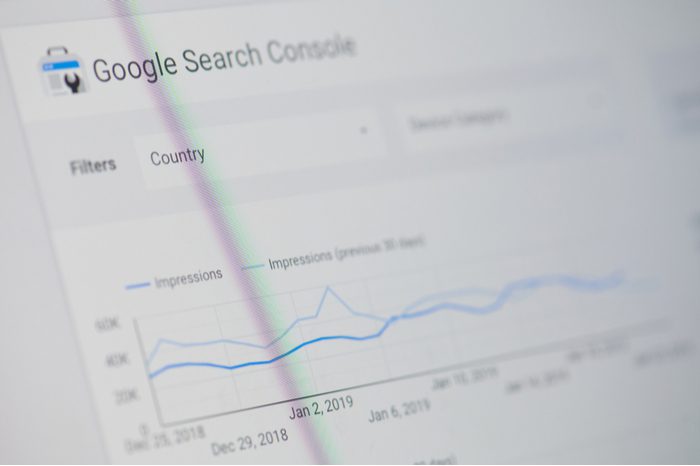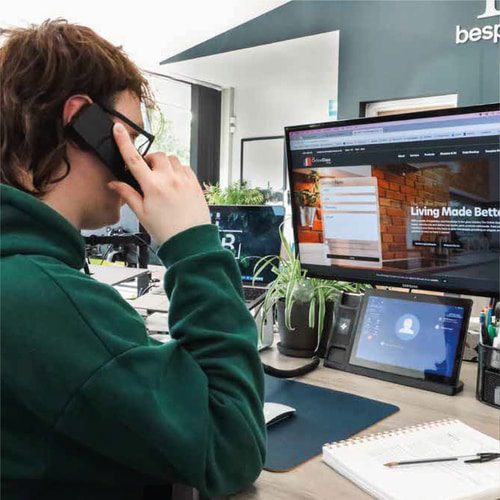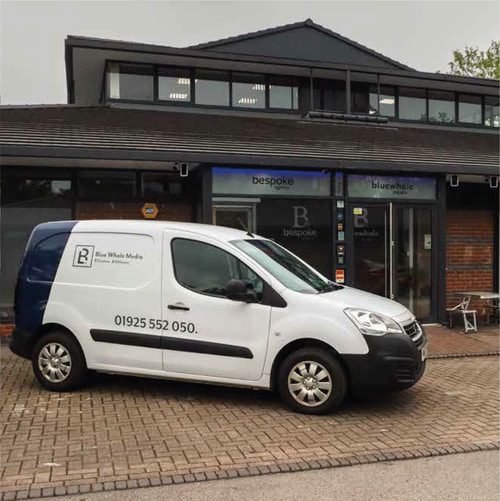5 SEO Techniques To Increase Your Search Traffic

5 SEO Techniques To Increase Your Search Traffic
Are you ready to increase your search traffic?
Google handles millions of searches every single day – in fact, on average, 43% of all eCommerce traffic comes from a Google search. So if you’re selling products or services online, you want your website to be visible in the Google search results!
How about another statistic, 70-80% of users will ignore the paid adverts and scroll straight to the organic listings on the search results page. It isn’t just about being visible on the search results, now it’s about earning your place in the organic listings too in order to ensure people are actually clicking through to your website.
How do you do that? You optimise your website for SEO! Now that’s easier said than done, but in this blog I will highlight some useful SEO techniques and methods to help you increase your organic search traffic.
Website Audit
A website audit is step one for optimising any pre-existing website. A comprehensive website audit should cover all important aspects of your on-page SEO. This includes the big points such as being mobile responsive, checking for 404 errors, website speed etc. It also includes the small and tedious tasks, such as ensuring correct headings/page structure, setting image alt tags etc. A website audit allows you to easily see how the website is performing on a technical level in terms of SEO. Even though your website might look great and appear to be fully functional whilst you use it, Googlebot is not a user. As a bot, Google has a very limited understanding of what your website actually looks like and it likes to focus on the backend of things which may not be considered important to you or the majority of your users, such as image alt tags for example.
With a website audit you can ensure your on-page SEO is complete and there are no issues with your website that may be encountered by Googlebot.
Keyword Research
If you’re planning on increasing your search traffic, keyword research is a must.
Increasing your search traffic is all about increasing your website’s ranking for what we call keywords. Not every search query is a keyword, but every search query can usually be tracked back to a determined keyword. For example, an important keyword for our company can be “Web Design London.” However, not every person in London looking for a web design service will search this phrase. They may search with more specific queries such as “I need a web design company in London”, “cheap web designers from London” etc. These aren’t individual keywords, but the can be tracked back to the original keyword we have optimised for: “Web Design London”
Keyword research is all about making sure your website is ranking for the right type of keywords. This can be easier to notice in some industries compared to others. Using the example above, “Web Design London” is actually quite generic – is this user looking for a web design service, are they looking for a consultant, are they looking for a web design training course, are they looking for a networking event about web design… the possibilities are really quite endless.
However, if we look at an eCommerce website selling clothes, they may have a much easier time at finding better converting keywords. For example, let’s say we are optimising a specific product range, Nike Air Max shoes. Now in this example the seed keyword is exactly that, “Nike Air Max shoes.” But now we face the same dilemma, is the searcher looking for more information about the shoes, do they want to buy the shoes, are they looking for reviews etc. With this industry we can now look at the keyword much more specifically and make sure we optimise for much more relevant phrases, such as:
- Nike air max shoes for sale
- Buy nike air max shoes
- Cheap nike air max shoes
All of these keywords are super relevant for our eCommerce store, because they all come with what we call search intent. We can clearly see the user is looking to purchase our product because of what they are searching – “for sale”, “buy” etc. Therefore, this eCommerce website would benefit a lot more by optimising for these buyer intent keywords compared to the generic seed keyword. The seed keyword will have a lot more search volume, but the three keywords listed above will have a much higher conversion rate.
And that’s exactly why you need to do keyword research – it’s not all about getting more traffic, it’s about getting the right traffic!
Quality Content
You need good, quality content on your website. This sounds obvious but a lot of people actually don’t do this – as well as the issue that “quality” content is subjective.
But just because it’s subjective doesn’t mean it has to be complicated. A user searching for the specs of the latest iPhone wants a page with a lot of technical information and jargon, relevant to the iPhone model they are researching. If they are searching with English search terms then they will want this content to be in English, with correct spelling and grammar.
Quality content can really be that simple. Quality content is not about shoving your keyword into the page in order to keep up some keyword density percentage. Quality content is not outsourcing to some freelancer in India because they’ll do 1,000 words for £5. It’s about using some common sense and showing what the user wants to see.
Backlinks
Linkbuilding is a very important factor which determines a webpage’s ranking in Google. It’s also the reason why SEO is considered so shady, because a lot of businesses unfortunately uses bad practice when it comes to doing this side of the job.
Linkbuilding in 2021 is not the same as it was in 2005 – and with the latest link spam updates by Google, quality over quantity is more important than ever.
Using an online tool to automatically post comment and forum spam? That won’t work.
Searching Google for “write for us” and “guest post” pages on random blogs? That won’t work either.
When it comes to building links in 2021, you need to finally establish the link (ha) between SEO and brand exposure. You want to establish relationships with real media outlets and publishers, you don’t want to be writing guest posts for Pradeep’s latest quality DA60+ High PR niche relevant domain website.
A good example of this quality link building is called PR linkbuilding. Let’s say we have a real estate company as an SEO client. It would be a reasonable assumption that this real estate company has the expertise and the data to inform people about the latest house pricing trends, which age groups in London are more likely to buy or rent etc..
Now this may sound like useless information to you and I, but a lot of online news publishers and tabloids will publish this information. So we can ask for this kind of data from the client, have a quality content writer to put the data into facts, and then have a graphic designer create a neet infographic to accompany the content. Then we can outreach to news publishers and journalists in the real estate and finance sectors, and then all of a sudden the client is getting links from popular news websites. It is then common for these news publishers to have their content syndicated or sourced by smaller publishers, which can result in further backlinks from people we haven’t even outreached to.
Page Experience
Page Experience is another important factor of SEO, and it represents Google’s continuous shift away from robotic optimisation to the “optimising for the user is also optimising for Google” approach. Page Experience includes various user experience factors such as website speed, intrusive pop-ups, secure browsing etc. With the latest Page Experience update by Google, the majority of optimisable-factors of page experience can actually be calculated into scores, known as the Core Web Vitals.






